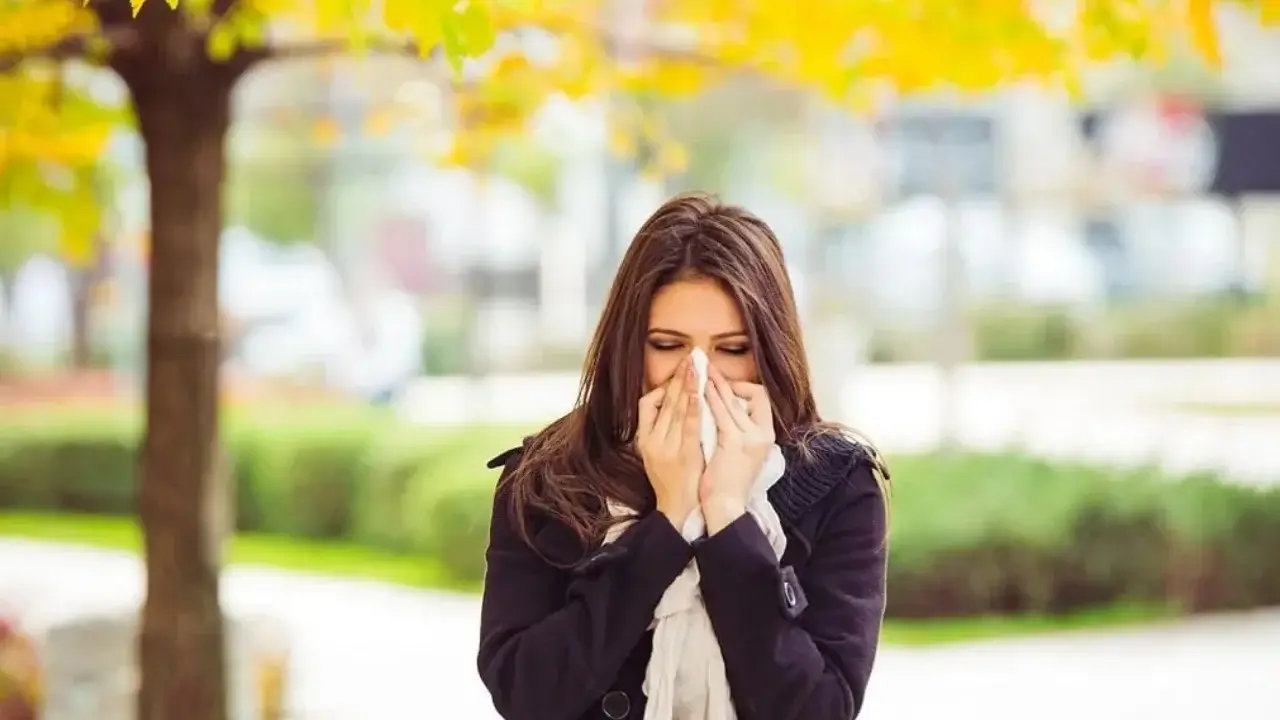Why do allergic diseases increase in autumn?

The first week of autumn has arrived in our country. During this time, as the days gradually cool down and the air temperature rises and falls, it affects the body. For this reason, many people experience a forced weakening of immunity, which can lead to the development of various diseases, including seasonal allergies.
So, what factors are associated with the exacerbation of this disease and what are its symptoms? This was reported by the director of the Republican Specialized Scientific and Practical Medical Center of Allergology and Clinical Immunology, Ilmira Rozikova.
"The rainy days haven't started yet. In the climatic conditions of our country, September, October, and even November are relatively warm. Therefore, it is natural that plant pollen retains its allergic properties until the onset of precipitation. This is the first factor.
The second factor is associated with the release of high concentrations of fungal spores into the air after rain. Therefore, severe and complex forms of fungal allergic reactions are more common during this period.
The third factor is the leaf falling process. Because in autumn, fungal spores are most common in leaves fallen from trees and shrubs. In addition, allergens are found in damp or moldy rooms and basements.
The fourth factor is that it is natural for many people to spend most of their time indoors and apartments in cool weather. In such conditions, pollen, and the wool of pets, such as dogs and cats, also exacerbate allergic symptoms.
Allergic reactions manifest with a number of symptoms: nasal congestion, itching or profuse discharge, swelling and watery eyes, sneezing, fatigue, and sometimes coughing.
If such symptoms are observed, it is important for patients to consult a specialist in a timely manner. In particular, our center has established accurate diagnosis and effective treatment of such diseases using advanced methods.
Preventive measures are also of great importance. Household yards, verandas, gutters, and chimneys must be constantly cleaned of fallen leaves. Special attention should be paid to preventing mold formation in places with high humidity, such as bathhouses and kitchens.
Also, in poorly heated and humid rooms, the concentration of allergens may increase, and symptoms of allergic rhinitis, conjunctivitis, or asthma may worsen. "Allergic symptoms can be reduced by frequently cleaning and ventilating rooms," says the specialist.
Read “Zamin” on Telegram!












